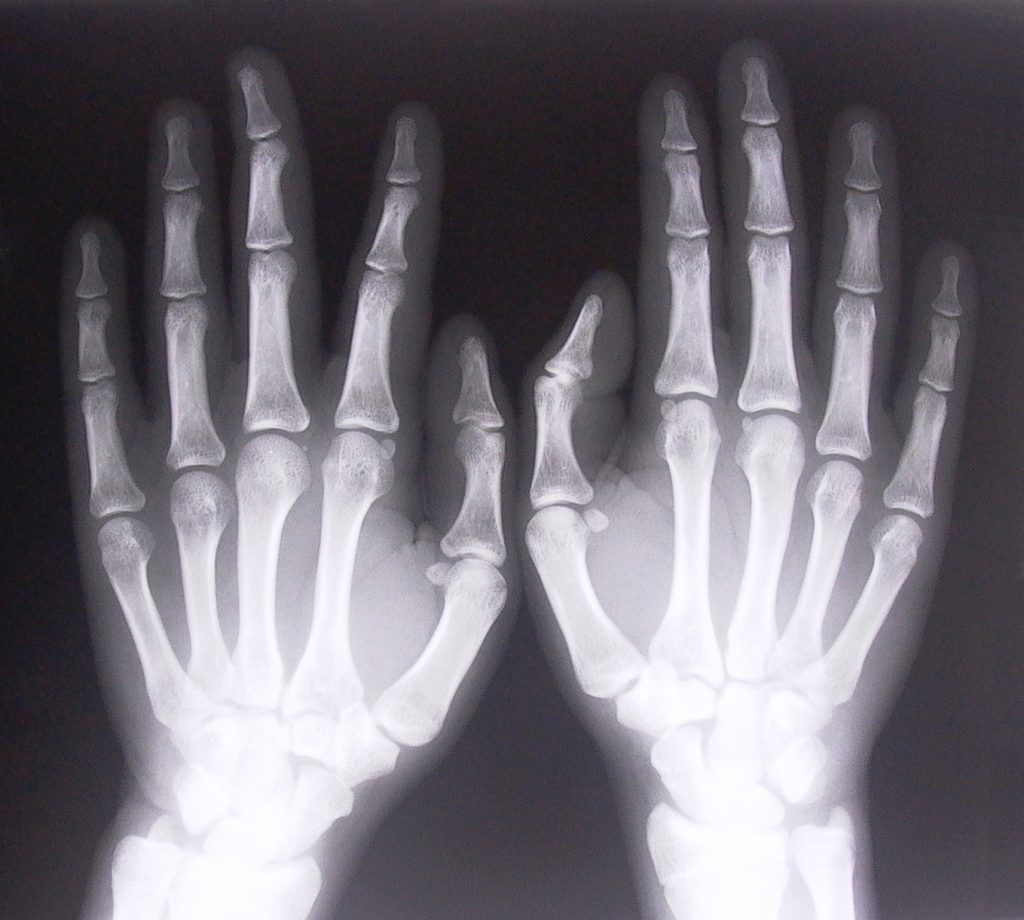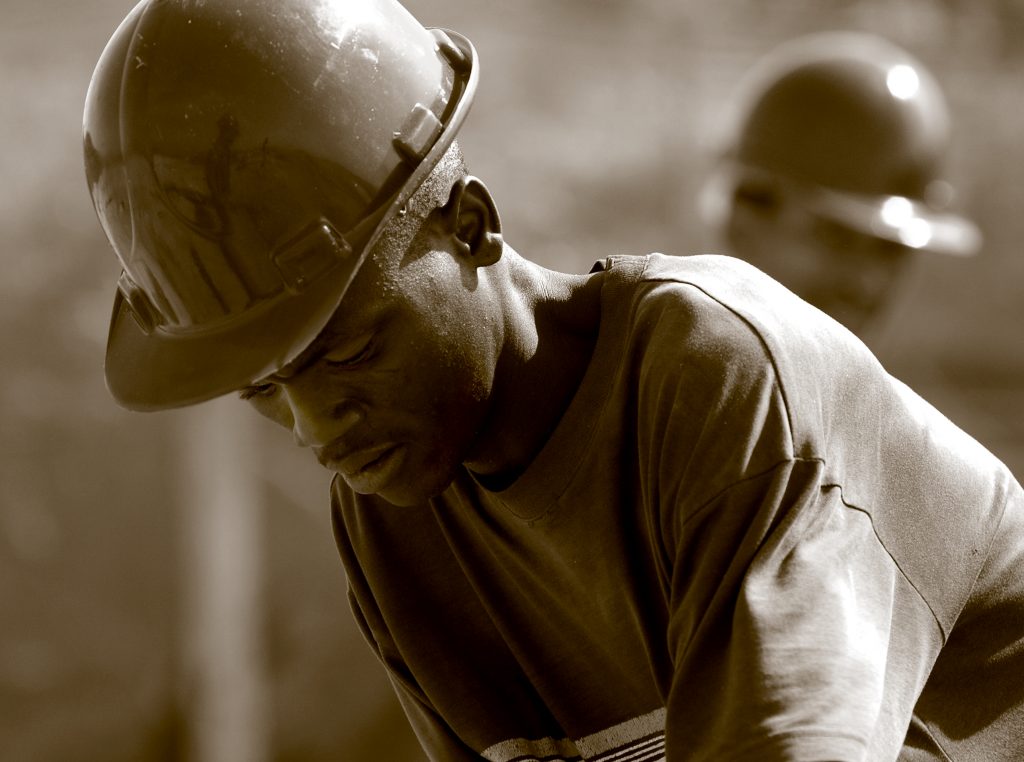 In workers’ compensation cases, often times the court is presented with the conflicting testimony and evidence of several physicians. For example, an injured employee may see several doctors over the course of his or her treatment. He or she may see an initial treating physician, a specialist, and may latter be referred to a doctor of the employer’s choice. The testimony of these physicians will be presented in court, and relied upon by the parties in arguing their claims or defenses. The court may even appoint its own doctor to aid it in its assessment of the plaintiff’s injury. In weighing multiple opinions from treating physicians, the Workers’ Compensation Judge (“WCJ”) has wide discretion to credit one physician over another. Absent manifest error or clear wrongness indicated in the trial record, a court of appeal cannot reverse the WCJ’s findings, as discussed in a recent case from the Louisiana Third Circuit Court of Appeal.
In workers’ compensation cases, often times the court is presented with the conflicting testimony and evidence of several physicians. For example, an injured employee may see several doctors over the course of his or her treatment. He or she may see an initial treating physician, a specialist, and may latter be referred to a doctor of the employer’s choice. The testimony of these physicians will be presented in court, and relied upon by the parties in arguing their claims or defenses. The court may even appoint its own doctor to aid it in its assessment of the plaintiff’s injury. In weighing multiple opinions from treating physicians, the Workers’ Compensation Judge (“WCJ”) has wide discretion to credit one physician over another. Absent manifest error or clear wrongness indicated in the trial record, a court of appeal cannot reverse the WCJ’s findings, as discussed in a recent case from the Louisiana Third Circuit Court of Appeal.
In 2010, Jason Montou was injured on the job while working for Boise Cascade Company. Immediately after the accident, Mr. Montou reported the incident to his supervisor and completed a Supervisor’s Incident Report. This report only referred to a shoulder injury. Mr. Montou was then admitted to the Oakdale Community Hospital in Oakdale, Louisiana. The hospital’s records indicated that Mr. Montou’s primary complaint was his right shoulder, and that he also complained of numbness in his right hand fingers. The hospital sent him home and told him to see an orthopedic doctor should his pain continue.
Days later, Mr. Montou contacted the workers’ compensation adjuster and requested that he see an orthopedic doctor. The adjuster granted his request and sent him to see Dr. Stephen Hale at the Center for Orthopedics. Dr. Hale performed surgery on Mr. Montou’s rotator cuff and referred him to Dr. William Lowry, a back specialist. Dr. Lowry refused to certify Jason to return to work until he obtained an MRI of Mr. Montou’s spine in his neck and back, because without the MRIs he couldn’t complete Jason’s treatment. Mr. Montou discontinued his treatment with Dr. Lowry, claiming that Boise refused to approve the MRIs.
 Louisiana Personal Injury Lawyer Blog
Louisiana Personal Injury Lawyer Blog


 Not all Workers Compensation insurance claim decisions are black and white. Sometimes those claims can include an overlap with other federal statutes that may or may not also provide coverage. When those circumstances arise insurers need to base their decisions on the facts and the law and not for financial gain. If done properly the denial of a valid claim does not automatically subject an insurer to penalties in Louisiana as the following case demonstrates.
Not all Workers Compensation insurance claim decisions are black and white. Sometimes those claims can include an overlap with other federal statutes that may or may not also provide coverage. When those circumstances arise insurers need to base their decisions on the facts and the law and not for financial gain. If done properly the denial of a valid claim does not automatically subject an insurer to penalties in Louisiana as the following case demonstrates.  Sometimes you get hurt while working and it’s neither your fault nor your employer’s fault. In those cases the person that hurt you is called a “Third-Party Tortfeasor.” However, because you were hurt while working you may have rights to not only sue the person who hurt you but to also receive workers compensation benefits. Beware though, there are strict statutory rules that apply that dictate when you must file for medical and other benefits owed to you under the Louisiana Workers Compensation laws. The following case out of Calcasieu Parish shows why you need to consult the best workers compensation lawyer immediately upon an injury that occurs while on the job.
Sometimes you get hurt while working and it’s neither your fault nor your employer’s fault. In those cases the person that hurt you is called a “Third-Party Tortfeasor.” However, because you were hurt while working you may have rights to not only sue the person who hurt you but to also receive workers compensation benefits. Beware though, there are strict statutory rules that apply that dictate when you must file for medical and other benefits owed to you under the Louisiana Workers Compensation laws. The following case out of Calcasieu Parish shows why you need to consult the best workers compensation lawyer immediately upon an injury that occurs while on the job. Not just any court can hear any case. Depending on certain factors, your local court may not be the right choice to bring your matter. A New Orleans attorney found this out the hard way in a recently decided case.
Not just any court can hear any case. Depending on certain factors, your local court may not be the right choice to bring your matter. A New Orleans attorney found this out the hard way in a recently decided case. Worker compensation claims arise from being hurt at work. Even the best worker compensation lawyers cannot help you prove the existence of a work related accident if you were not actually “hurt at work.”
Worker compensation claims arise from being hurt at work. Even the best worker compensation lawyers cannot help you prove the existence of a work related accident if you were not actually “hurt at work.”  Many people have nightmares of falling and nobody being there to catch them. For Tommie Hebert, that nightmare became a reality when he fell from a moving helicopter, landing directly on his back, causing severe injuries such as a broken back and a damaged hip that would likely require replacement. To make matters worse, the company he worked for, Industrial, was not there to catch him.
Many people have nightmares of falling and nobody being there to catch them. For Tommie Hebert, that nightmare became a reality when he fell from a moving helicopter, landing directly on his back, causing severe injuries such as a broken back and a damaged hip that would likely require replacement. To make matters worse, the company he worked for, Industrial, was not there to catch him. If you are injured while at work, there are many paths that you may take for financial relief. The path that you choose along with how you navigate that path will be a decision that will affect you for the rest of your life. The following case out of Tangipahoa parish demonstrates why it is necessary in workers compensation cases to comply with certain orders and if you don’t why objections to rulings based on your lack of responses will not be considered.
If you are injured while at work, there are many paths that you may take for financial relief. The path that you choose along with how you navigate that path will be a decision that will affect you for the rest of your life. The following case out of Tangipahoa parish demonstrates why it is necessary in workers compensation cases to comply with certain orders and if you don’t why objections to rulings based on your lack of responses will not be considered. It seems an insurance company’s first response to a claim is to deny the claim. The Louisiana Workers’ Compensation Corporation (“LWCC”) is no exception. The following case out of Loreauville Louisiana demonstrates the arguments that can be made and standards to assess whether an injured employee is due LWCC’s benefits or benefits as a longshoreman.
It seems an insurance company’s first response to a claim is to deny the claim. The Louisiana Workers’ Compensation Corporation (“LWCC”) is no exception. The following case out of Loreauville Louisiana demonstrates the arguments that can be made and standards to assess whether an injured employee is due LWCC’s benefits or benefits as a longshoreman. In Louisiana as in other U.S. states, the doctrine of res judicata – literally “a matter judged” – prevents parties from re-litigating a matter once it has been adjudicated on the merits by a competent tribunal. This prevents prolonged litigation of cases which have been purportedly concluded, thus avoiding an unnecessary waste of time and money. Although for res judicata to apply a judgment must be “final” and adjudged “on the merits,” a settlement agreement in Louisiana is res judicata between the parties and is accorded the same effect as a final judgment. (See Louisiana Workers’ Comp. Corp. v. Betz, 792 So.2d 763, 766 (La. Ct. App. 2001)). In other words, the signing of a settlement agreement can preclude parties from litigating matters specified as settled in the settlement. It goes without saying that parties should be cautious when signing settlement agreements. Illustrative is a case from the Louisiana First Circuit Court of Appeal.
In Louisiana as in other U.S. states, the doctrine of res judicata – literally “a matter judged” – prevents parties from re-litigating a matter once it has been adjudicated on the merits by a competent tribunal. This prevents prolonged litigation of cases which have been purportedly concluded, thus avoiding an unnecessary waste of time and money. Although for res judicata to apply a judgment must be “final” and adjudged “on the merits,” a settlement agreement in Louisiana is res judicata between the parties and is accorded the same effect as a final judgment. (See Louisiana Workers’ Comp. Corp. v. Betz, 792 So.2d 763, 766 (La. Ct. App. 2001)). In other words, the signing of a settlement agreement can preclude parties from litigating matters specified as settled in the settlement. It goes without saying that parties should be cautious when signing settlement agreements. Illustrative is a case from the Louisiana First Circuit Court of Appeal. Louisiana worker’s compensation laws allow for injuries to only be charged at the usual cost for treatment. When a worker suffers an injury on the job the amount a hospital receives to pay for treatment may not always cover the cost of the treatment, but the hospital may not be able to recover for these losses.
Louisiana worker’s compensation laws allow for injuries to only be charged at the usual cost for treatment. When a worker suffers an injury on the job the amount a hospital receives to pay for treatment may not always cover the cost of the treatment, but the hospital may not be able to recover for these losses.